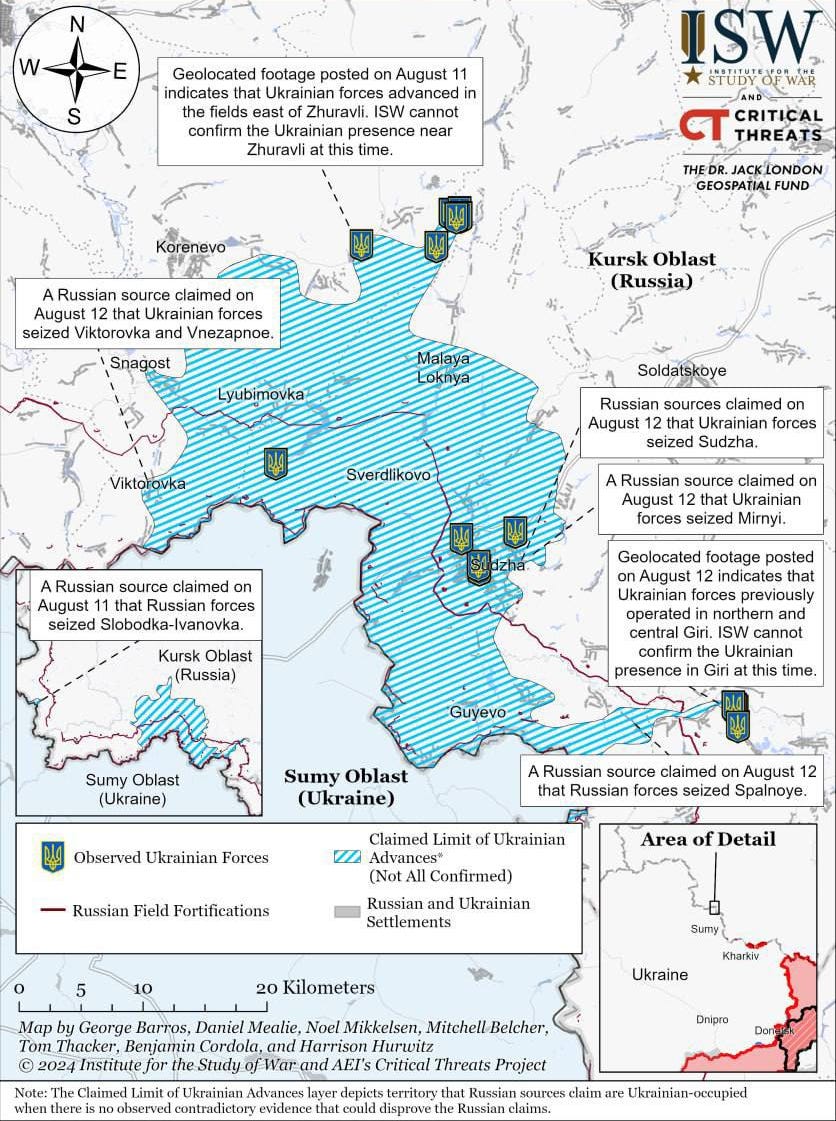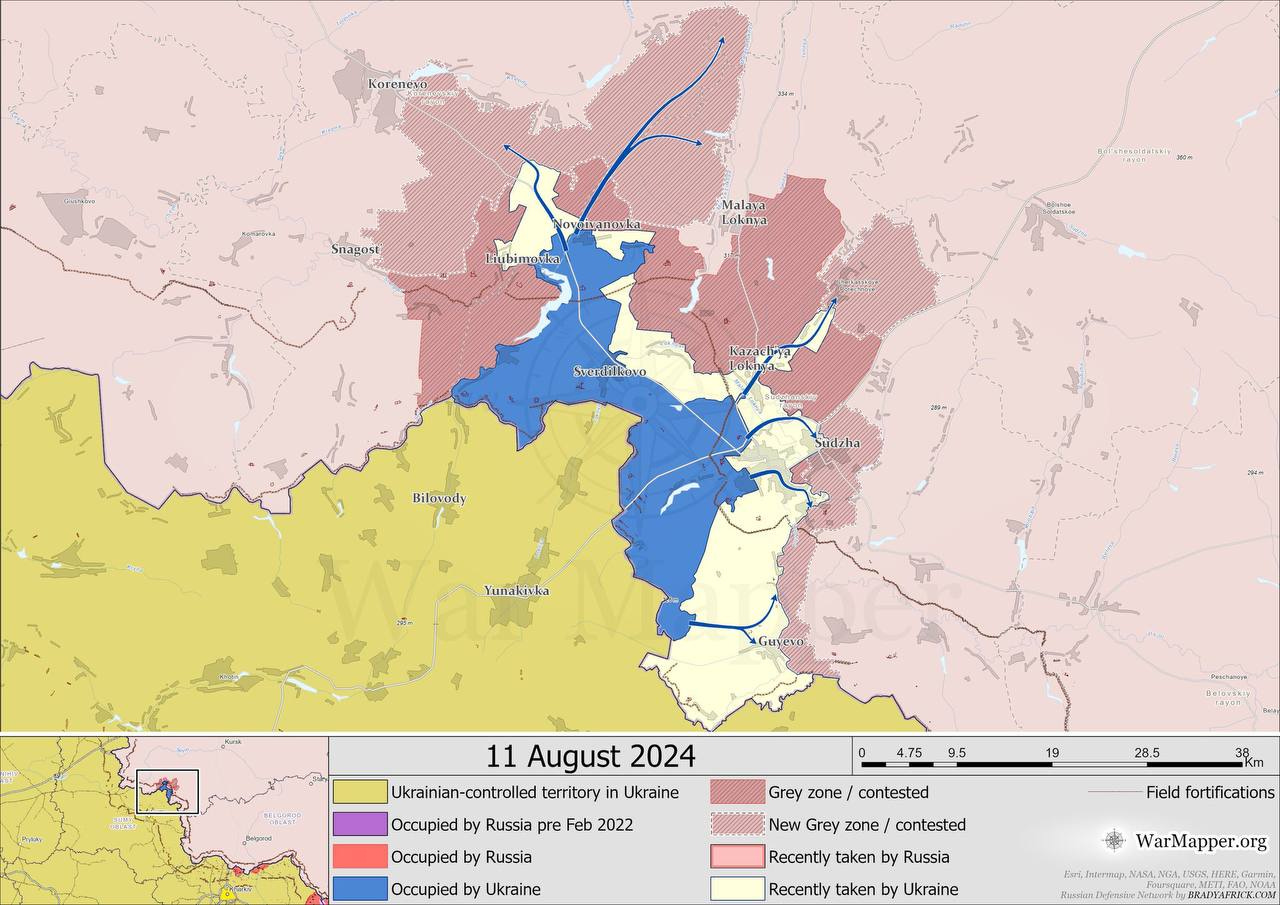
It’s not me: I finished reading and listening to dispatches in four languages over the weekend and on Monday (though just the idea of me pointing to the timely completion of anything sets off such a roar of distant laughter I probably shouldn’t even mention it).
Going through the dozens of stories and discussions I was amused, but was struck by how many were assembled with a seeming desire to cram as much stuff as possible into a small space. I suppose this is familiar nature-abhors-a-vacuum thinking – find a space and fill it – such as informs so much design. Just the process of finding out if it’s possible to re-boot reporting about a large land war in Europe during the summer Olympics in Paris would, I imagine, make for an appealing challenge.
As an eyewitness, however, time and again I was required to stop, do dead hangs and marvel at crafty concessions to limited space, as though the nut graph was, “look how I can simulate a warehouse in a closet,” one which makes a curious demand on the audience: to overcome wondering why Ukraine’s leaders decided, finally, to do the obvious thing1.
Scarce, I thought, were foreign flaks who embraced the smallness, who looked it in the eye and, instead of squinting, tried to imagine what good could come if such a space was all that was ever made available to them. Those who see that actors in our bloody drama, Ukrainian or Russian, who give a portion of themselves to the carriage of something else, and that (for want of a better word) appropriate presentation tends not to do well in crowded conditions.
Trying to think of an analogy better to sum this up, I considered this podcast: two Carnegie hacks who fill 47 minutes with three hours of bullshit, a lost chance to render it myriad beautiful and ugly, to render, perhaps, a coherent narrative. Or to be as lifeless and boring as this paragraph. Something like that.
Substacker Phillips Payson O’Brien does not think it was incredibly bright of Ukraine’s partners to micromanage how military support can and cannot be used. As I recall, the professor of strategic studies has long been an outspoken critic of incrementalization.

War comedian Kim Barker of The New York Times, who only last week informed us that more Ukrainians were open to a peace deal, churned out line after line of text over the weekend. She even had the timerity to include former Russian general and Rada deputy Andrei Gurulyov near the top of at least one version of her ever-changing story.

What Gurulyov thinks about Ukraine, the war or anything else, is, er, besides the point, which probably explains multiple re-writes on Sunday.
Looking on the bright side, lots of maps illustrating the mess have appeared, vanished, been updated and re-appeared.
On the Russia jacked, Putin is not worried.
"The enemy will certainly receive a worthy response. All the objectives before us will be achieved beyond any doubt."
No one not in Kursk region actually knows what’s going on there. Dozens of sparsely populated villages, around 50, are reportedly controlled by Ukrainian units, who might dig in, and might not, depending.
On the Kyiv jacket, US Senators U.S. Senators Lindsey Graham and Richard Blumenthal chatted up Z in Kyiv.

“Bold and brilliant” is how the US lawmakers described the Kursk offensive.
Lindsey wore those awful khaki pants again, reminding us all of Target, Best Buy, Safeway, Lowe's, Home Depot and Wal-Mart.
So far, the big takeaway is the almost total lack of patriotism displayed by ordinary Russians, with the possible of exception of a couple of prisoners of conscience released in a swap last week.
The end of a pithy Telegram post by practicing philisopher Volodymyr Pastukhov explains this lack of fervidness:
Now demodernization is taking place - the transformation of a relatively secular, rather Europeanized country into a Slavic ayattolat. Putinism has no historical mission, it parasitizes on the residual Soviet slags and lives exactly until these slags burn out completely. In the worst case - with carriers of corresponding historical memory. But Putinism has no future. It can kill, but it cannot reproduce.





